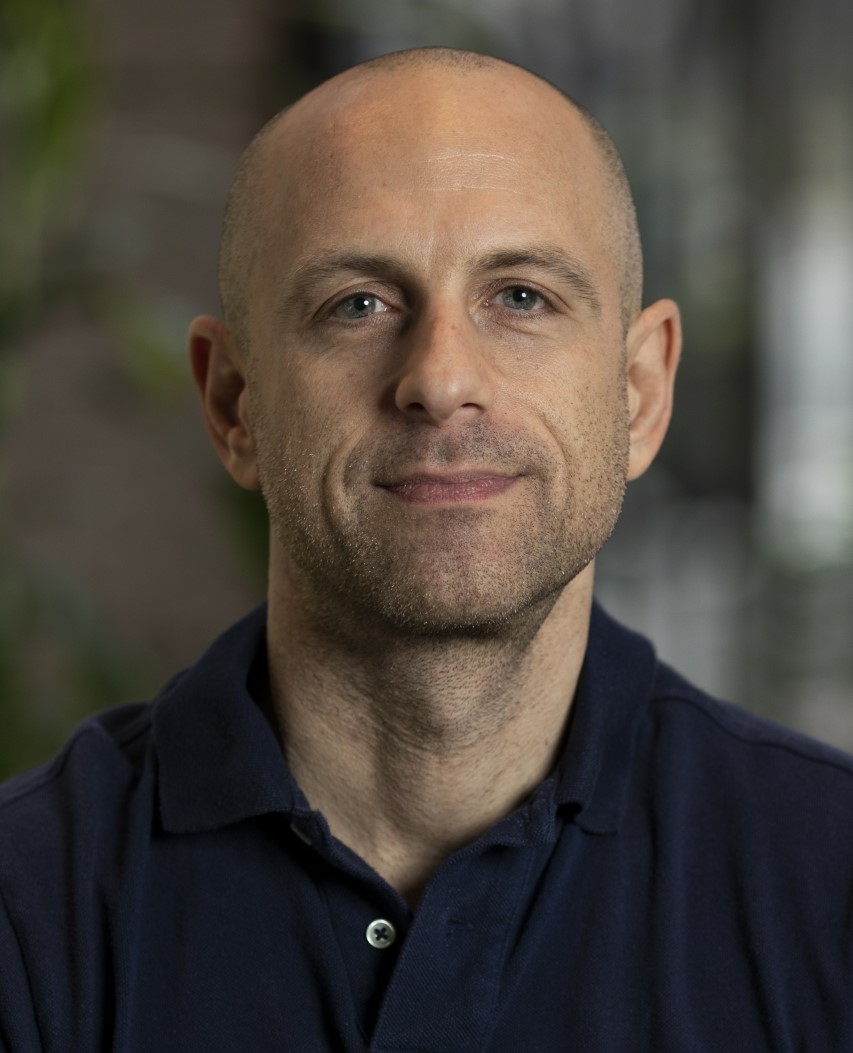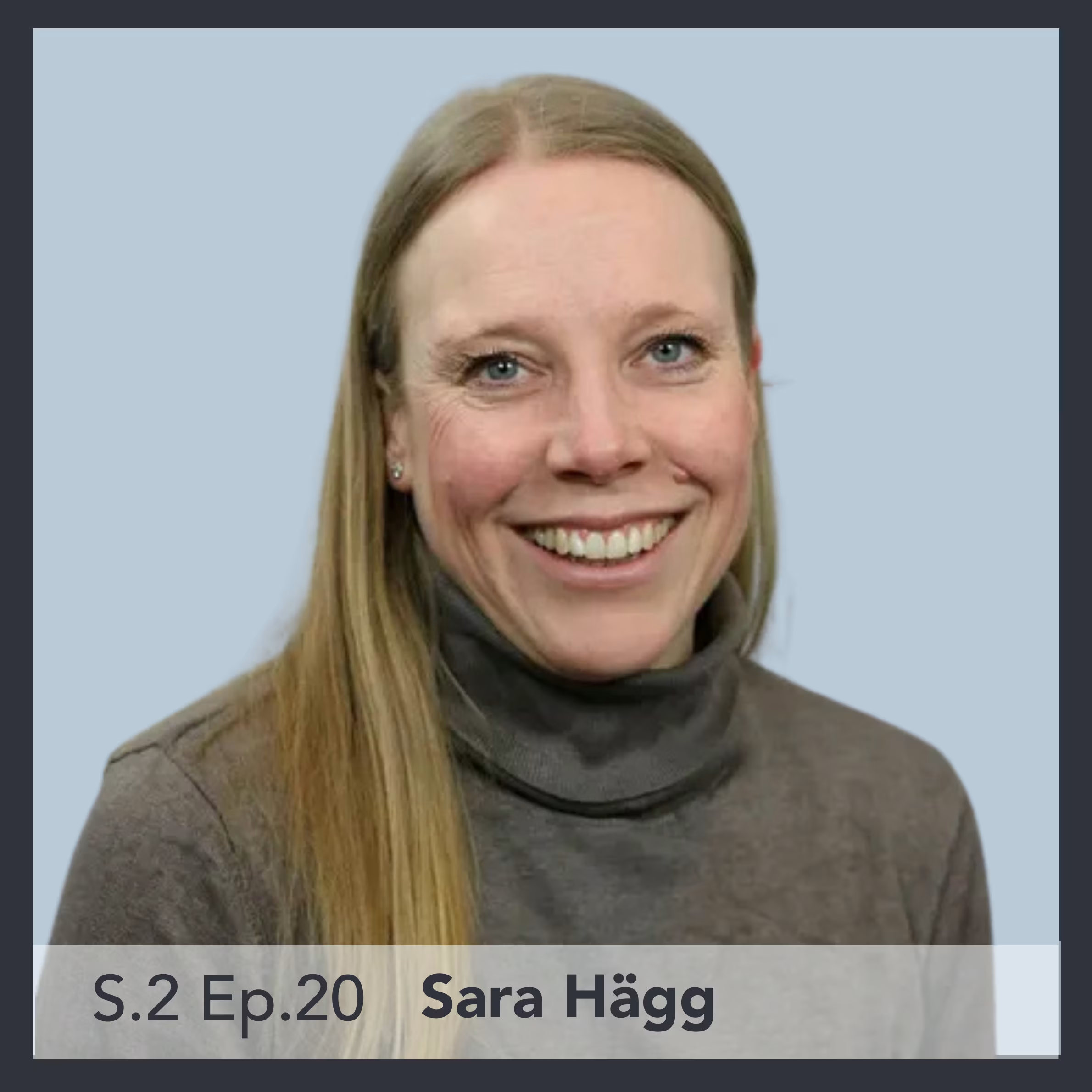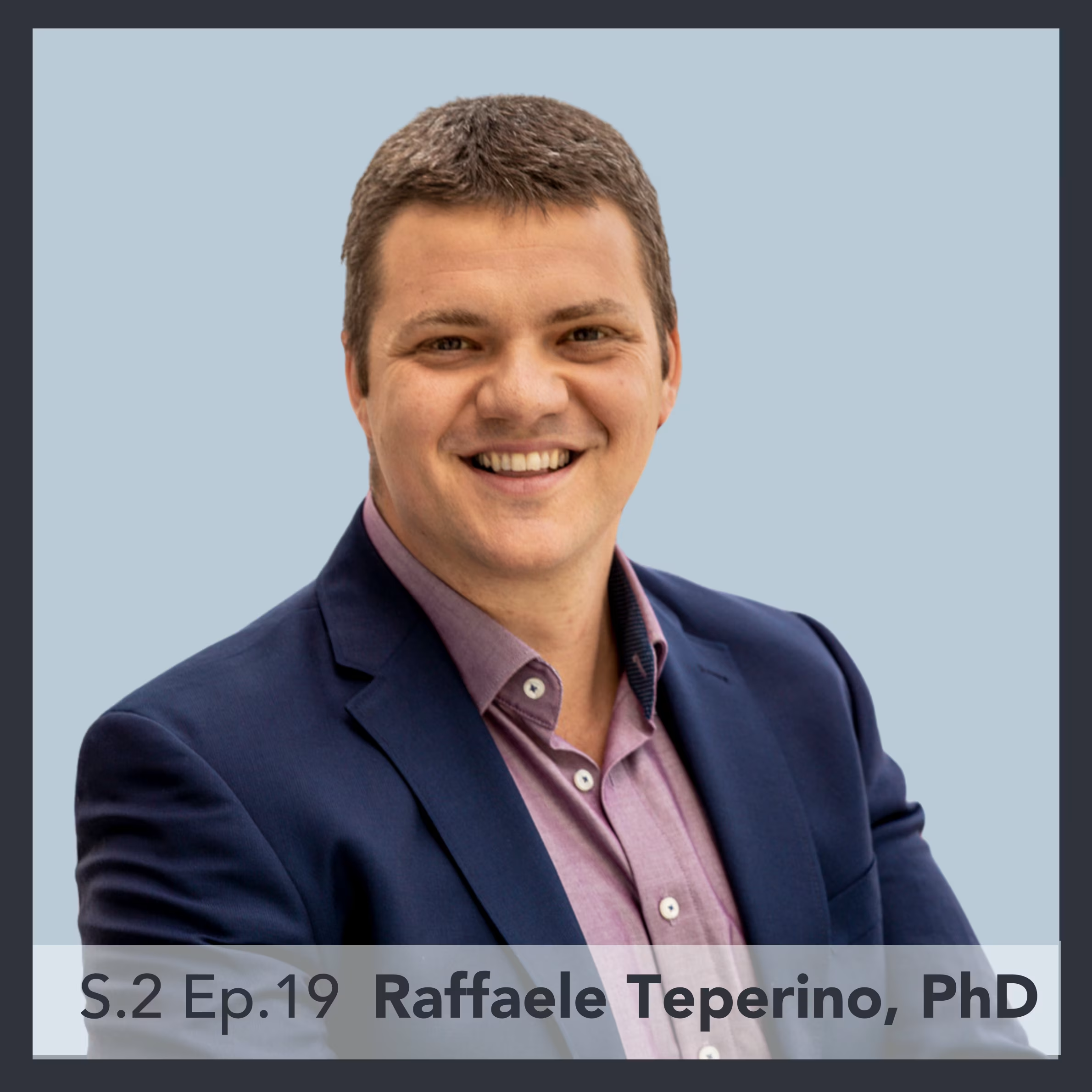In this week’s Everything Epigenetics episode, I speak with Michael Lustgarten on tracking and measuring biomarkers to maximize longevity. His long-standing goal is to live longer than everyone that has ever lived. To do that, he plans on using the best available science to “biohack” his way to super-longevity. Contrary to the prevailing belief that aging is an inescapable and uncontrollable process, Michael is an advocate for longevity, and he’s eager to impart valuable tools and insights that could potentially extend our lifespan beyond 120 years.
During this episode, you’ll gain insight into various aspects, such as what inspired Michael to adopt a personalized health approach, his definition of optimal health, the vital role that data plays in improving your overall health, the specific blood panels Michael recommends, and the benefits of tracking diverse health data. Wealso discuss his epigenetic age results in depth, as he has measured this process around 10 times, and strategies for optimizing nutrition, exercise, sleep, and biological aging.
Michael Lustgarten is currently a scientist at the Tufts University Human Nutrition Research Center on Aging in Boston, Massachusetts. His research currently focuses on the role of the gut microbiome and serum metabolome on muscle mass and function in older adults. In his large social media presence, Michael shares his experience with his rigorous n of 1 experiment over the last eight years and shows how anyone can conduct a similar trial by tracking food, exercise, sleep, and epigenetic age measure results and derive relationships between them, with a goal of extending our healthspan.
In this podcast you’ll learn about:
– Michael’s “biohacking” background and academic background (English degree and PhD from the University of Texas Health Science Center at San Antonio)
– The story behind Conquer Aging or Die Trying
– The definition of aging
– Aging as a disease
– The importance of the microbiome
– How we can slow down the aging process
– The importance of tracking biomarkers
– What biomarkers Michael’s is tracking and WHY
– The effects of hormones on epigenetic aging
– The ser paradox (men age quicker than women)
– How to optimize your diet through self-tracking
– The difficulty and complications of measuring biomarkers
– Michael’s epigenetic aging results (Horvath clock, Hannum clock, DunedinPACE, and Telomere Length)
– The effect of caloric restriction on the DunedinPACe
– How to optimize your fitness levels through self-tracking
– The effect of physical fitness on epigenetic clocks
– How to optimize your slepp through self-tracking
– What Michael is NOT tracking
– Michael’s most surprising find from tracking biomarkers over eight years
-The future of Michael’s career
Dr. Michael Lustgarten is Scientist II on the Nutrition, Exercise Physiology, and Sarcopenia (NEPS) Team at the HNRCA. His research currently focuses on the role of the gut microbiome and serum metabolome on muscle mass and function in older adults. Dr. Lustgarten has been a guest lecturer at the Friedman School of Nutrition Science and Policy on topics such as the gut microbiome, serum metabolome, oxidative stress, exercise, and sarcopenia. He has contributed to 31 publications in leading peer-reviewed journals that have been cited more than 3,700 times, including 17 manuscripts as the first or last author.




